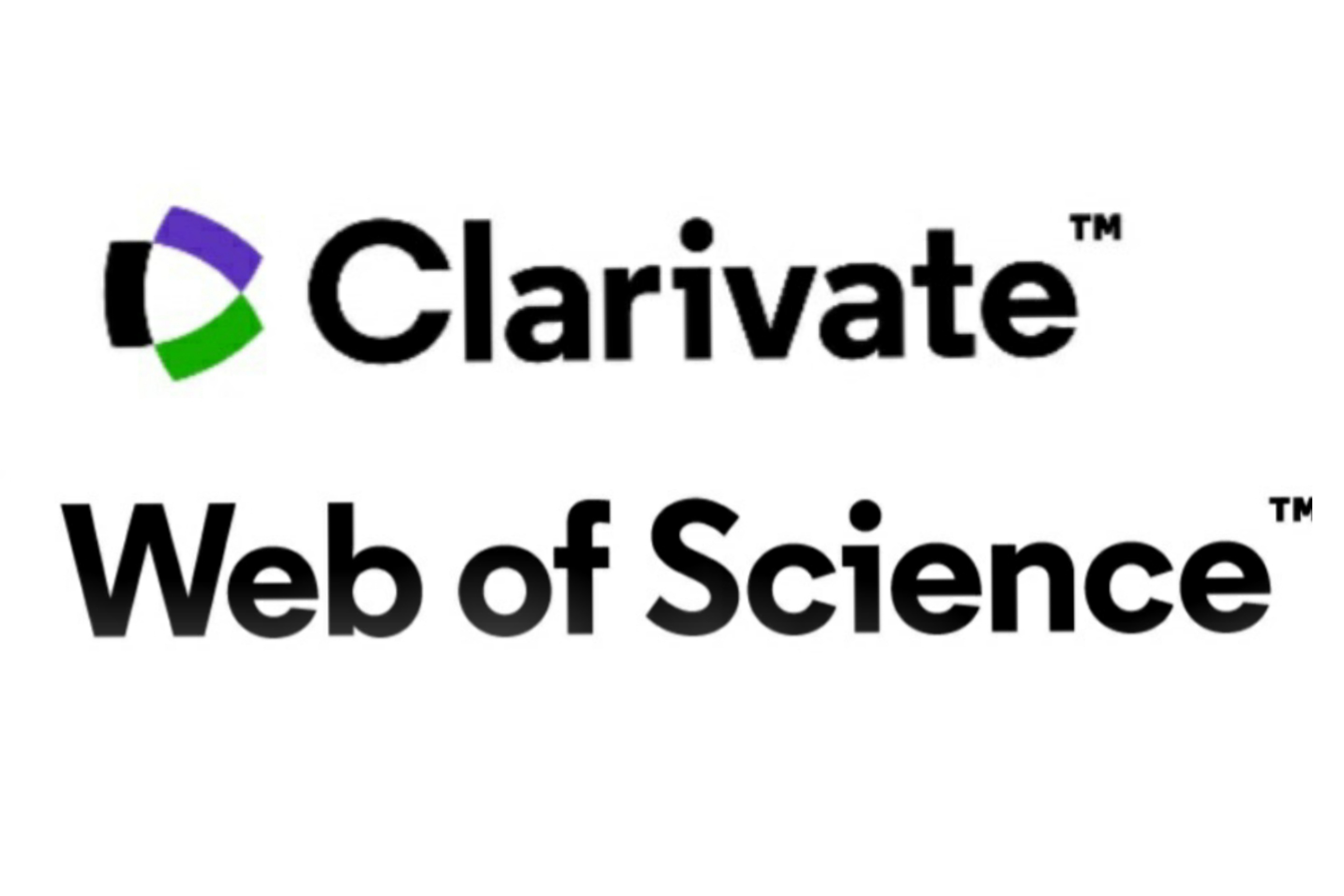Sensitive determination of impurities in samples of vodka by gas chromatography with flame-ionization detection
Abstract
Vodka is one of the most popular alcoholic drinks around the world. Adulteration of vodkas lead to many negative consequences. A number of analytical methods covers a wide range of analytes and allows detection of adulterated alcoholic beverages, however, most of these methods are very labor and time consuming or require expensive analytical instrumentation. The simplest and thus most popular method is based on direct analysis by gas chromatography (GC) with flame-ionization detection (FID). The main drawback of this method for discovery of adulterated vodka samples is insufficient sensitivity. The aim of this study was to increase sensitivity of the method for determination of key vodka impurities. Optimized parameters included split ratio 10:1, inlet temperature >120°C, initial oven temperature 60°C, flow rates of make-up gas, air and hydrogen 50, 400 and 40 mL/min, respectively. Obtained calibration plots are linear in the concentration range between 1 and 1000 mg/L with approximation coefficients R2>0.99. Compared to a standard method, slope factors are about 4 times higher when optimized method is used proving its higher sensitivity.
References
1 “The Daily chart” Internet newspaper, 17 June (2013) Who drinks most vodka, gin, whisky and rum? http://www.economist.com/blogs/graphicdetail/2013/06/daily-chart-9
2 “Radio Azattyk” Internet newspaper, 24 June (2013) Kazakhstan tooks the fifth place by the number of drunk vodka [Po kolichestvu vipitoy vodka Kazakhstan vishel na pyatoe mesto]. http://rus.azattyq.org/content/reiting-stran-po-urovnyu-potrebleniya-alkogolya/25026039.html. (In Russian)
3 The Law of the Republic of Kazakhstan 16.07.1999 No. 429-I “On state regulation of production and turnover of ethyl alcohol and alcoholic beverages”
4 GOST R 51786-2001. Vodka and ethanol from food raw material. Gas chromatographic method for determination of authenticity [GOST. Vodka i spirt etiloviy iz pishevogo siriya. Gazokhromatograficheskiy metod opredeleniya podlinnosti]. Moscow, Russia, 2001. (In Russian)
5 GOST R 51698-2000. Vodka and ethanol from food raw material. Gas-chromatographic express-method for determination of toxic microadmixtures content [GOST. Vodka i spirt etiloviy iz pishevogo siriya. Gazokhromatograficheskiy ekspress-metod opredeleniya soderjaniya toksichnikh microprimisey]. Moscow, Russia, 2000. (In Russian)
6 Fedyanin AA, Prihodko AA, Habalova OS (1977) Forensic investigation of microquantities of the factory-produced alcoholic beverages by capillary gas chromatography method for their differentiation by type: Tutorial. CRLF, Gorkiy, Russia. (In Russian)
7 Fedyanin AA, Prihodko AA, Habalova OS (1977) Forensic investigation of microquantities of unknown alcoholic beverages by capillary gas chromatography for their differentiation based on conditions of production (factory, domestic): Tutorial. CRLF, Gorkiy, Russia. (In Russian)
8 Moskvitin NN, Chuprakov IA, Petranek G, Slavichek I (1971) The use of gas-liquid chromatography in forensic investigations. Research Institute of Ministry of Internal Affairs of the USSR. RIMEM typography, Moscow, Russia. (In Russian)
9 Lachenmeier DW, Sohnius EM (2008) Food and Chem Toxicol 46:2903–2911. http://dx.doi.org/10.1016/j.fct.2008.05.034
10 Kanteres F, Rehm J, Lachenmeier DW (2009) Sci Total Environ 407:5861–5868. http://dx.doi.org/10.1016/j.scitotenv.2009.08.012
11 Lachenmeier DW (2007) Food Chem 101:825–832. http://dx.doi.org/10.1016/j.foodchem.2005.12.032
12 Savchuk SA, Kolesov GM (2005) J Anal Chem 60:752–771. http://dx.doi.org/10.1007/s10809-005-0176-9

This work is licensed under a Creative Commons Attribution-NonCommercial-NoDerivatives 4.0 International License.
Authors retain copyright and grant the journal right of first publication with the work simultaneously licensed under a Creative Commons Attribution License (CC BY-NC-ND 4.0) that allows others to share the work with an acknowledgement of the work's authorship and initial publication in this journal.









